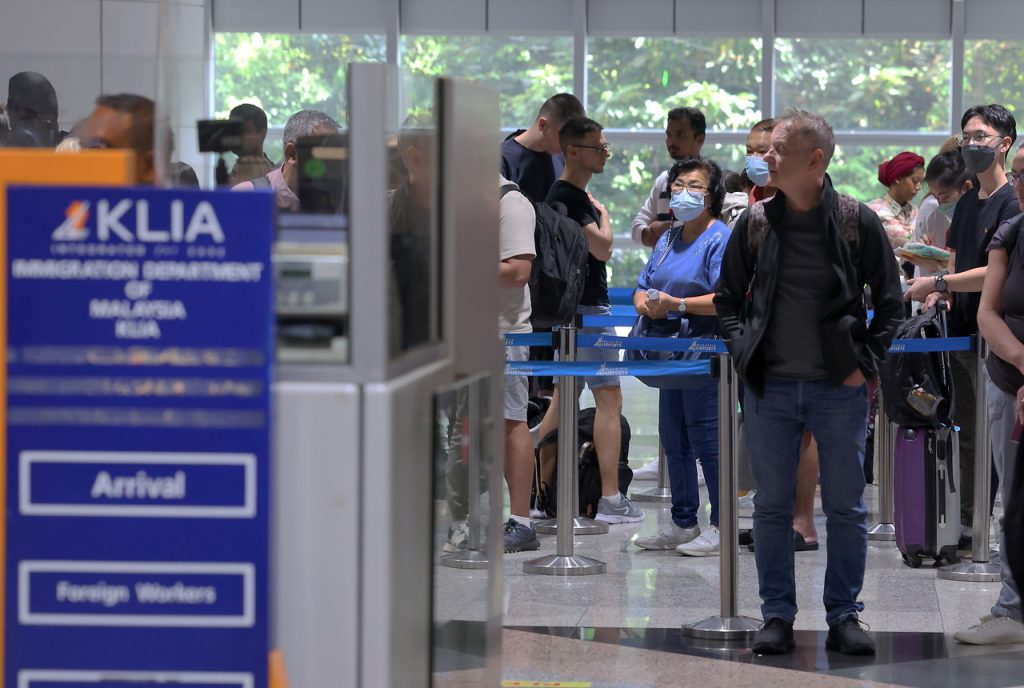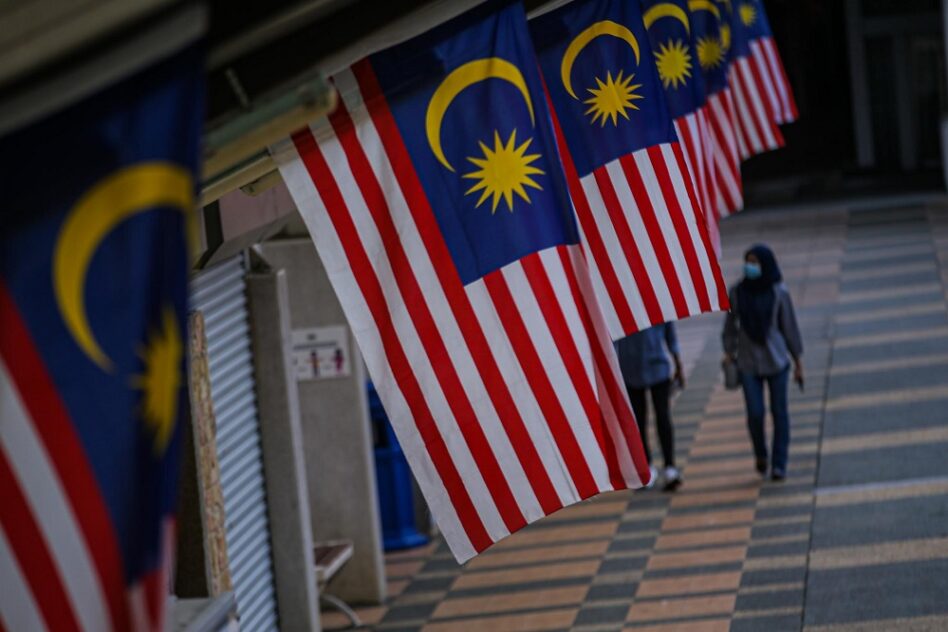
KUALA LUMPUR: Rewarding successful athletes is a long-term investment rather than an expense, says sports science specialist Dr Ahmad Fadzlee Ahmad Idriss, following calls to rethink national athlete support.
The Malaysian contingent won 57 gold, 57 silver, and 117 bronze medals at the recently concluded Thailand SEA Games.
Under current rates, athletes receive RM20,000 for their first gold medal (RM10,000 for subsequent ones), RM3,000 for silver, and RM1,000 for bronze.
Compared with other leading Southeast Asian sporting nations, Malaysia's gold medal incentive is the second lowest among the top six, ahead of only Vietnam.
Indonesia leads regional gold medal incentives with one billion rupiah (RM242,100), followed by Thailand with 300,000 baht (RM39,170), Singapore with SG$10,000 (RM31,624), and the Philippines with 300,000 pesos (RM20,722) plus lifetime perks.
Vietnam offers 45 million dong (RM6,942) but supplements rewards through corporate sponsors.
Fadzlee, who specialises in sports psychology, said financial rewards remain a key motivator for athletes who do not have lucrative careers.
"Only the top athletes earn a lot but the majority, especially at the SEA Games, do not earn much," said Fadzlee.
"Allowances are low, so rewards are something athletes look forward to to compensate for their winning effort. A silver medallist's reward of RM3,000 does not do much for an athlete."
He said athlete income should allow for reinvestment in training, recovery, and preparation, adding that rewards push athletes toward higher performance.
Fadzlee also questioned spending priorities, noting that foreign coaches are often paid handsomely while athletes receive limited support.
"The investment in athletes should be long term. An athlete will only peak for about 10 years on average," he said.
"We need to see how these athletes can become coaches. They have the experience and understand our system and culture. Their expertise can be used to develop new athletes, and they are cheaper than foreign coaches.'
He said the era of competing for mere national pride is over, as athletes face drastic life changes once their short careers end.
"Every other athlete is also competing for national pride and, most of the time, achievements are forgotten after a period of time," he said.
In July 2023, Deputy Prime Minister Datuk Seri Ahmad Zahid Hamidi said incentives for national athletes should be increased threefold, a view that has resurfaced following renewed debate over athlete welfare. - NST





